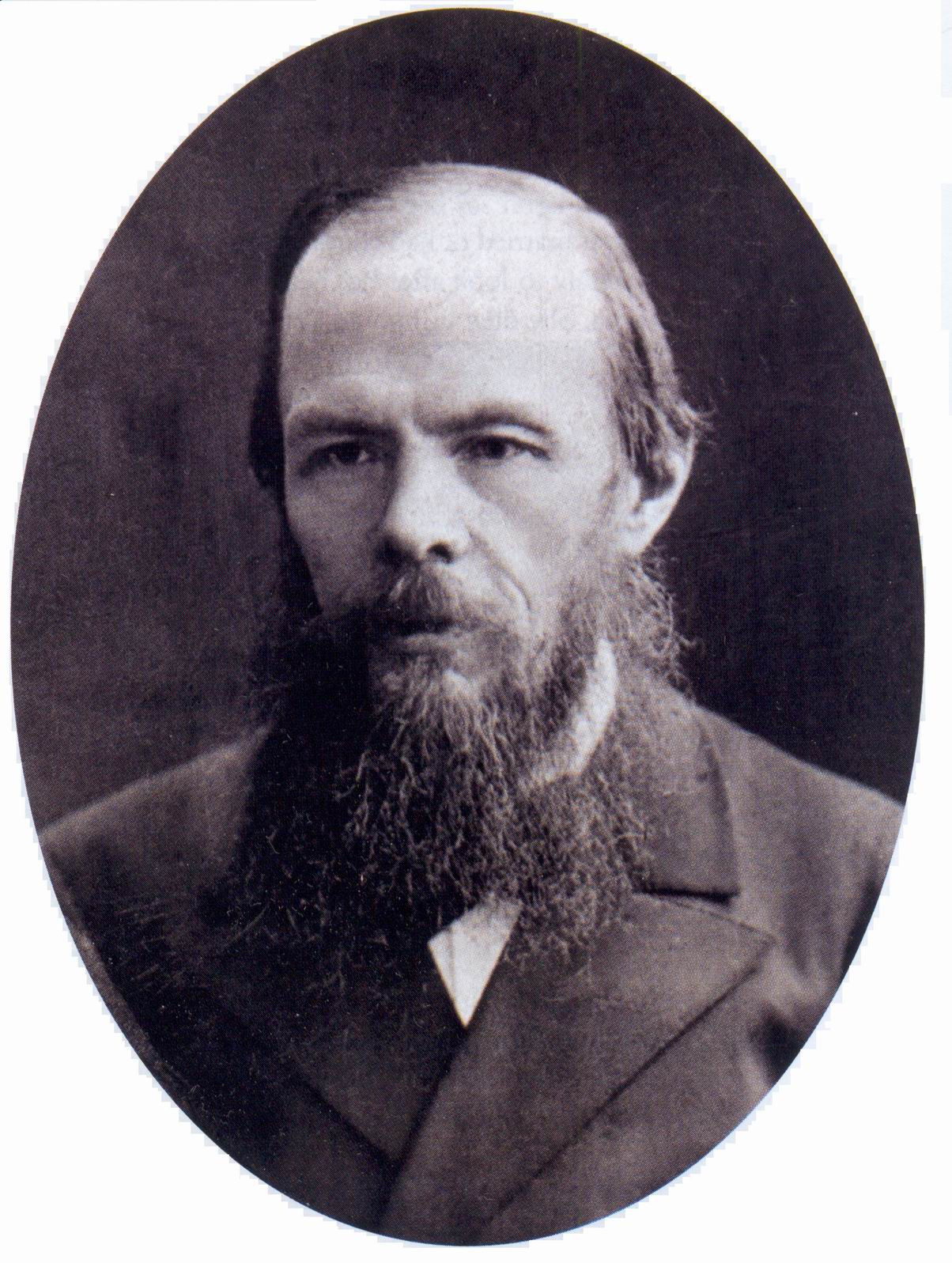If you’re looking for summer reading that’s fun and meaningful, and includes Russian and American settings, I nominate Anya Ulinich’s beautifully written debut novel, Petropolis.
Petropolis describes the young life of Sasha Goldberg who is, sort of, black, Jewish, and Siberian. She hails from the unprepossessing Russian town of Asbestos 2, where she enjoys art school and the company of a (slightly) older guy who lives in a giant pipe. Sasha’s mother is overbearing; Sasha’s father disappears. Ulinich’s descriptions of Asbestos 2 brought me back to the late Soviet era through details like propaganda slogans on buildings and song lyrics.
Ulinich moves Petropolis far beyond the borders of Asbestos 2, to points American, when Sasha looks for a new life that will take her away from a pile of old problems. Petropolis includes elements of road and coming-of-age novels: Ulinich’s writing is strongest in the first and last legs of the Petropolis journey, but the middle also presents memorable characters and situations.What’s most wonderful about Petropolis is that Ulinich somehow manages to create characters that are touching and quirky but not typecast and cloying. Best of all, I’m a sucker for unpredictable and unsappy happy endings, so I loved how she wrapped things up.
The title of the book references a poem (in old Russian orthography, in English) by Osip Mandel’shtam. Many thanks to Kevin Kinsella, a translator of Mandel’shtam, whose multiple mentions of Petropolis in his blog, Languor Management, kicked me into finally taking the book off the library shelf. You may enjoy his interview of Ulinich: it includes historical and personal insights into Petropolis.




